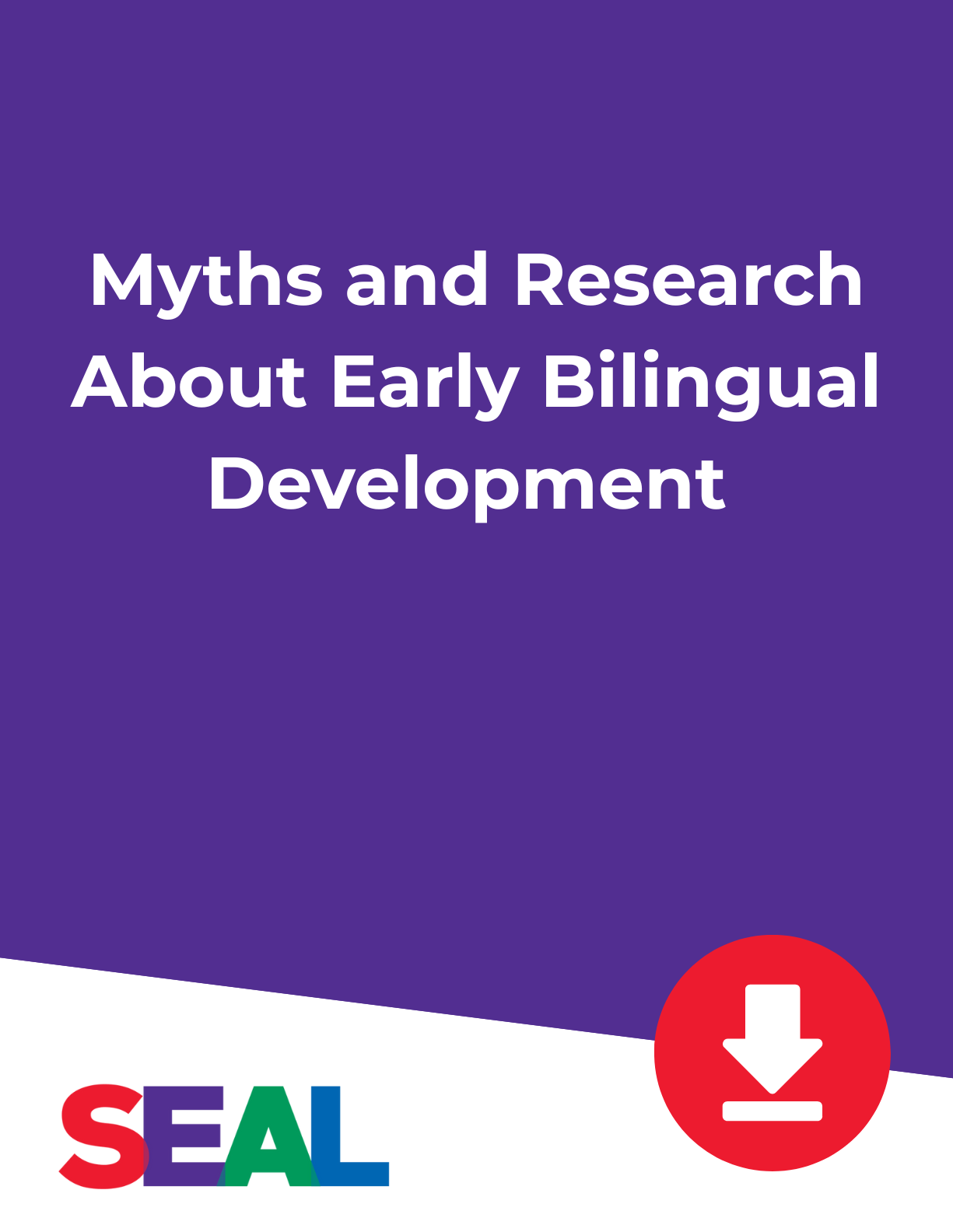The Power of Stories for Equity-Focused School Transformation (CABE 2023)
.png)
In California, 1.4 million students in our K-12 public school system are English Learners, and 60% of all children 0-5 years old are Dual Language Learners who speak a language other than English at home.
This number will only continue to grow, and it is critical that our schools treat them with asset-based approaches. SEAL’s Executive Director Anya Hurwitz along with California school leaders and educators will share how they’re working to center the assets and needs of their multilingual learners and demonstrate that it’s possible.
This interactive session will provide participants with turn-key strategies that can be used to inspire in their own school communities and create equity focused school transformation. Participants will receive copies of The SEAL Case Study Series.
Download the Resource

Our Resources
Looking for more ways to engage your students and create a joyful learning environment? We’ve curated the best resources—from SEAL-approved tools for Dual Language and Multilingual Learners to videos that bring you directly into our classrooms —to give your students the opportunity to learn, thrive, and lead.

Myths and Research About Early Bilingual Development
This resource breaks down some of the most common myths about bilingualism—and the research that debunks them. It's a valuable tool for educators engaging families in conversations about the benefits of home language development.

SEAL's 11 High-Leverage Pedagogical Practices
Our 11 High-Leverage Pedagogical Practices equip educators to create rigorous, joyful, and language-rich classrooms where every student succeeds. By integrating students’ linguistic and cultural assets, SEAL fosters a learning environment that values home languages and empowers diverse learners to reach their full potential.

Effective ELD in California's Dual Language Programs

Centering English Learner/ Emergent Bilingual Students in Literacy Research and Instruction
There is a considerable amount of attention currently on the science of reading, with many states rushing to adopt policies that are purportedly aligned with it.
%201.svg)